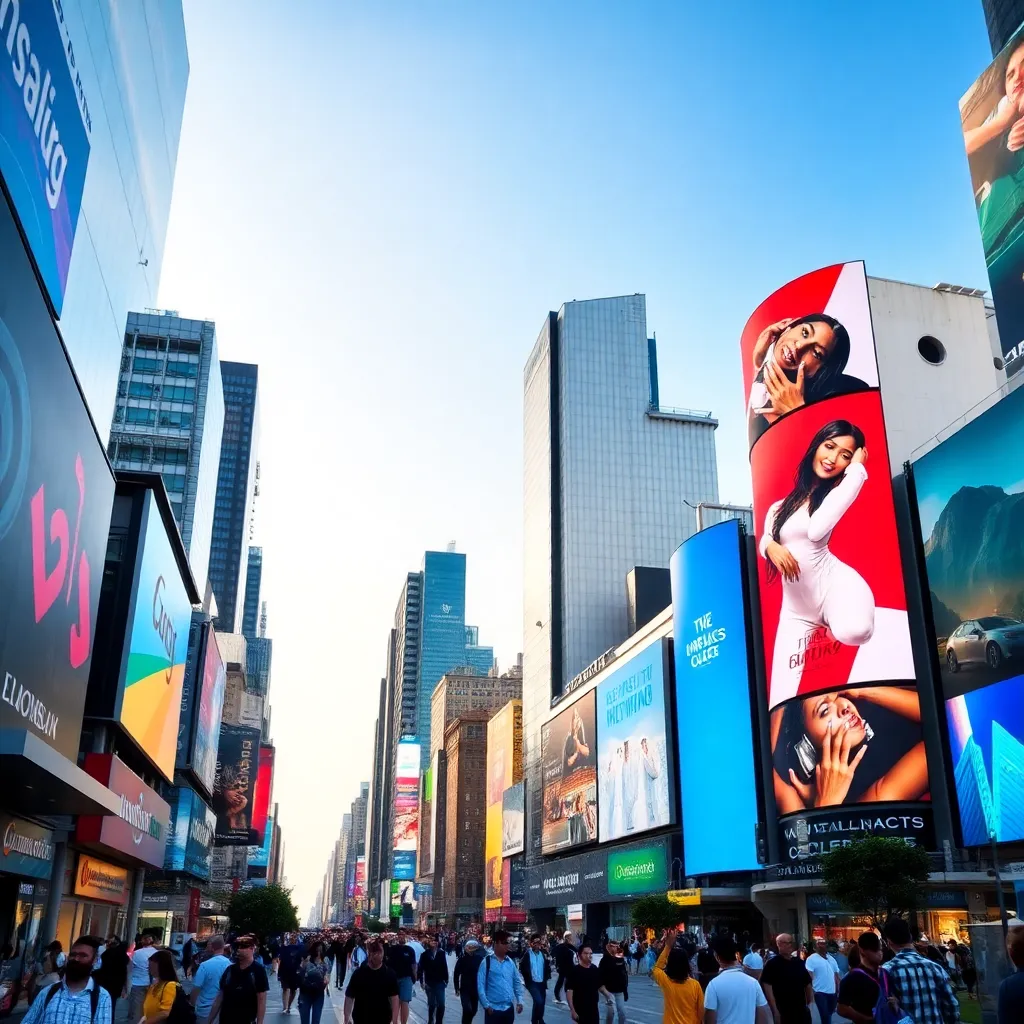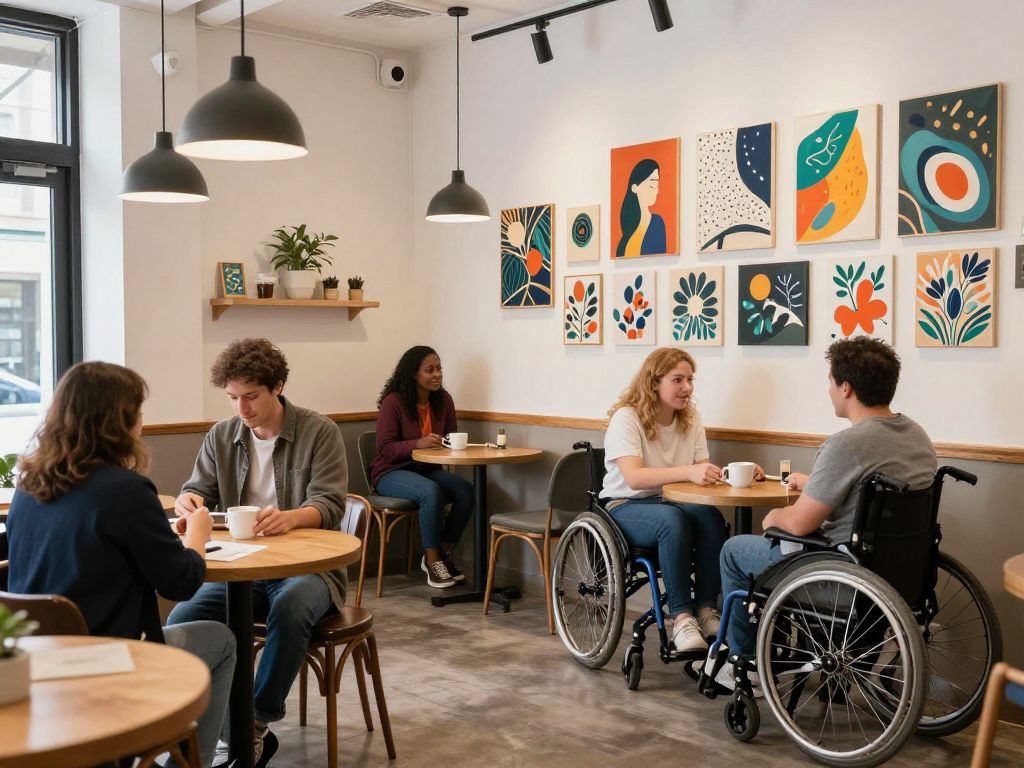City Enforces New Policies on Ad Blockers to Enhance User Experience
On December 2, 2025, a new policy has been implemented in various digital platforms across the city, aiming to improve user engagement and access to content. This move comes as a response to the growing use of software that blocks advertisements, which has impacted the ability of content creators to provide services effectively.
Who is Involved?
Digital content providers, advertisers, and users in the city are all central to this discussion. The city’s communication office has been collaborating with tech stakeholders, ranging from independent content creators to larger media platforms, to establish this initiative.
What is the Issue?
The primary concern is the pervasive use of ad-blocking software, which significantly hinders the revenue stream for many digital businesses. With a substantial number of users employing these tools, the reach and financial stability of content providers have been notably affected. By implementing this policy, the city aims to rekindle an equilibrium between user preferences and the necessity of financial support for content creation.
Where is this Happening?
This initiative is launching citywide, impacting various digital platforms where content is delivered, including news websites, blogs, and streaming services. The goal is to reach audiences who often engage with these platforms while addressing the concerns of those who create content.
When Did This Start?
The new policy officially took effect on December 2, 2025, following a series of meetings and discussions that occurred throughout the previous year. Efforts to reach a broader consensus among stakeholders began approximately twelve months prior, with discussions intensifying in the last quarter of 2025.
Why is This Important?
The motivation behind this policy stems from the need to sustain digital content creation in an increasingly challenging environment. As advertisement blocking trends rise, creators are at risk of losing the financial resources necessary to produce high-quality content. The city recognizes the significance of a diverse media landscape and aims to protect and support local creators while providing a rich digital experience for visitors and residents alike.
The Future of Content Delivery
Experts predict that if successful, this new policy could lead to innovative approaches to content monetization. By encouraging users to disable ad blockers or seek alternative ways to support content creators—such as through donations or subscription services—the city may foster a mutually beneficial ecosystem. This could enhance the overall user experience while ensuring that creators can continue to produce engaging content.
Community Response
Feedback from users has been mixed since the announcement of this initiative. While some understand the necessity and are willing to change their ad-blocking behavior, others express skepticism about whether the quality and relevance of ads will improve. Community forums and discussions have erupted, highlighting the need for transparency on how ad revenues will be utilized to enhance content quality.
Conclusion
As this policy unfolds, the city will closely monitor its effects on both users and content providers. The hope is to strike a balance that benefits all parties involved. Emphasizing collaboration and understanding, the city’s initiative marks a critical shift in how digital content may be consumed in the future.

Author: STAFF HERE CHARLESTON
The CHARLESTON STAFF WRITER represents the experienced team at HEREcharleston.com, your go-to source for actionable local news and information in Charleston, Charleston County, and beyond. Specializing in "news you can use," we cover essential topics like product reviews for personal and business needs, local business directories, politics, real estate trends, neighborhood insights, and state news affecting the area—with deep expertise drawn from years of dedicated reporting and strong community input, including local press releases and business updates. We deliver top reporting on high-value events such as the Spoleto Festival USA, Charleston Wine + Food Festival, and the MOJA Festival. Our coverage extends to key organizations like the Charleston Metro Chamber of Commerce and the Charleston Museum, plus leading businesses in tourism and maritime industries that power the local economy such as South Carolina Ports Authority and the Charleston Visitor Center. As part of the broader HERE network, including HEREaiken.com, HEREbeaufort.com, HEREchapin.com, HEREcharleston.com, HEREclinton.com, HEREcolumbia.com, HEREgeorgetown.com, HEREgreenwood.com, HEREgreenville.com, HEREhiltonhead.com, HEREirmo.com, HEREmyrtlebeach.com, HEREnewberry.com, HERErockhill.com, HEREspartanburg.com, HEREaustin.com, HEREcollegestation.com, HEREdallas.com, HEREhouston.com, and HEREsanantonio.com, we provide comprehensive, credible insights into South Carolina's dynamic landscape.





